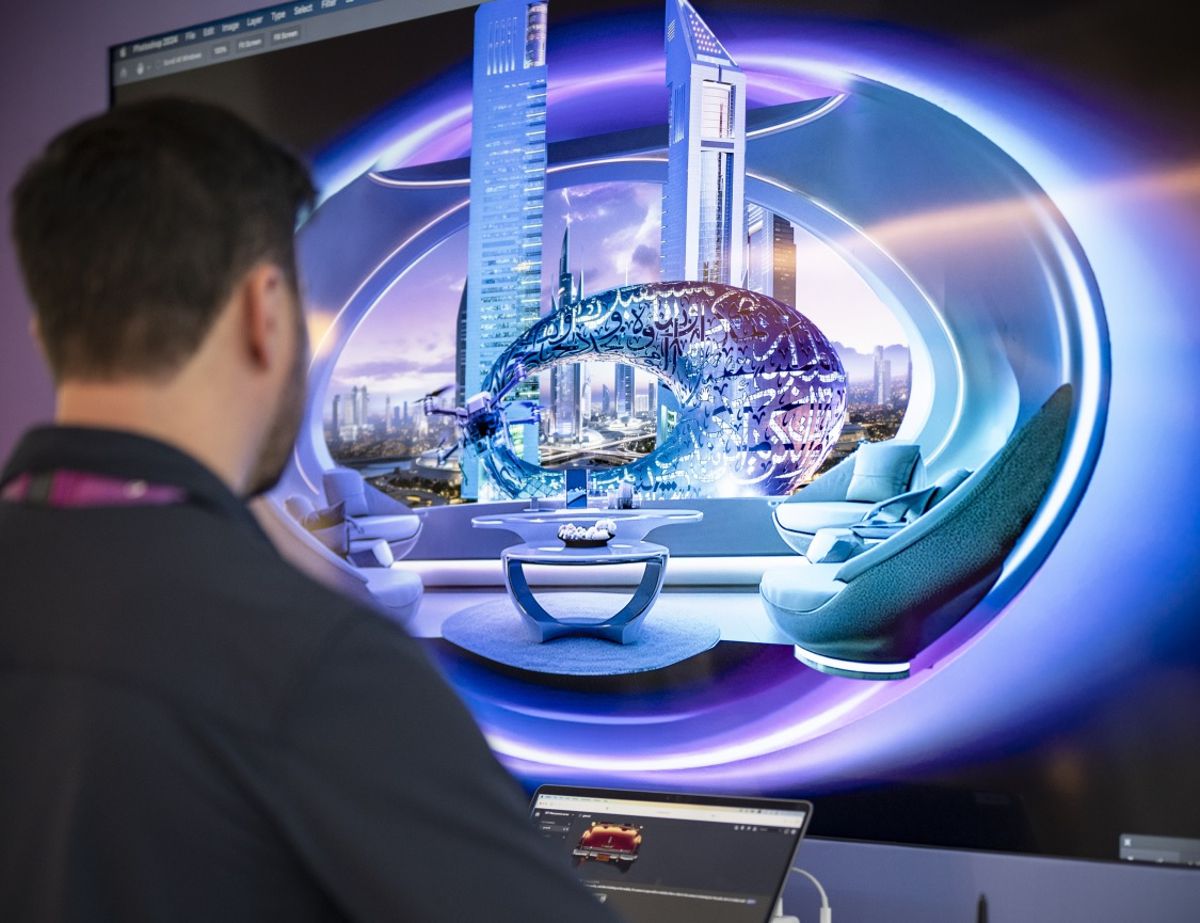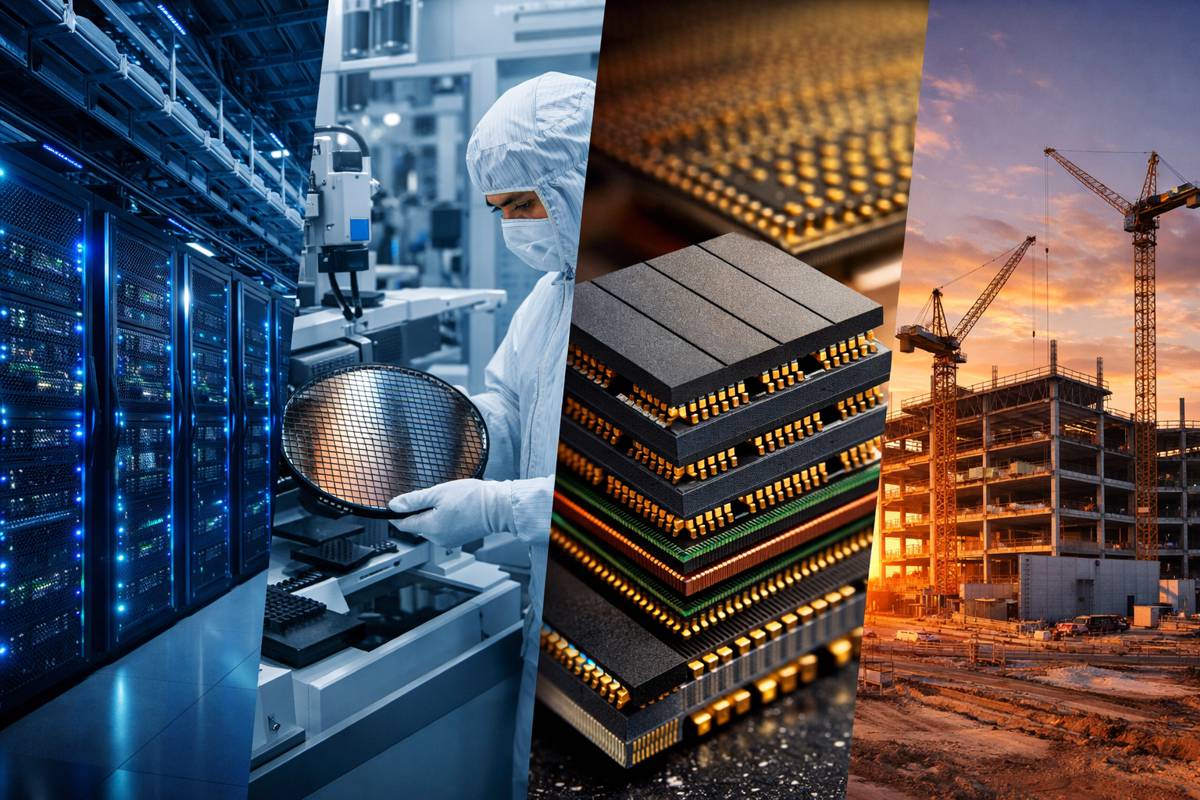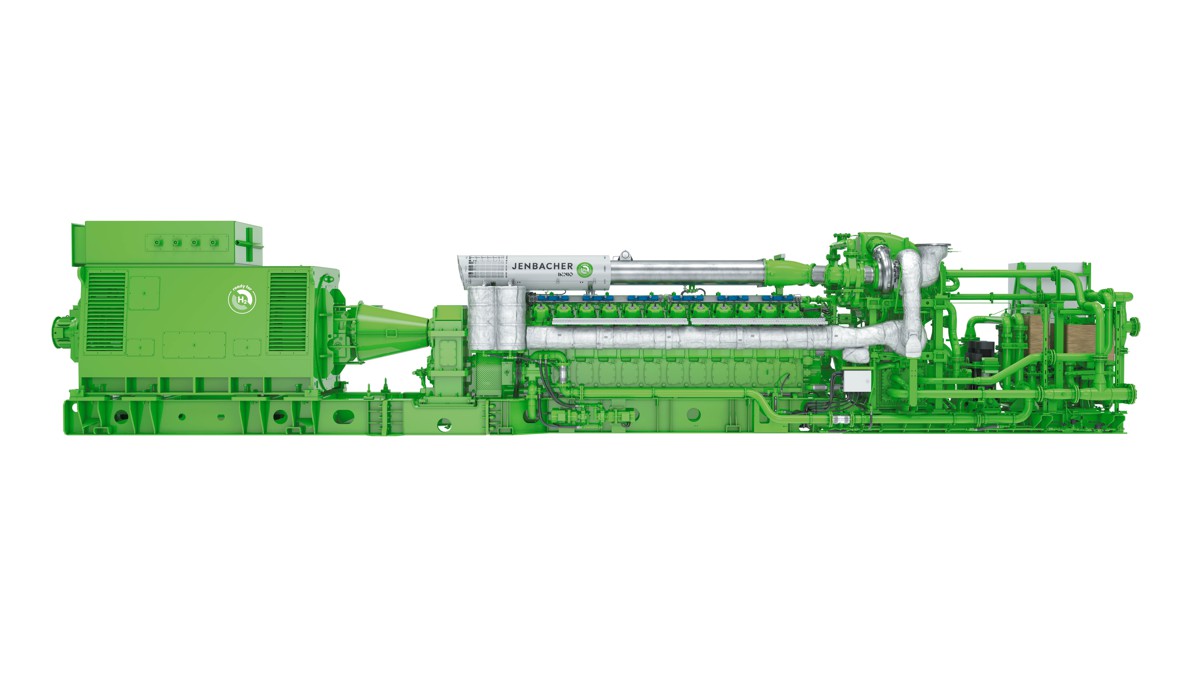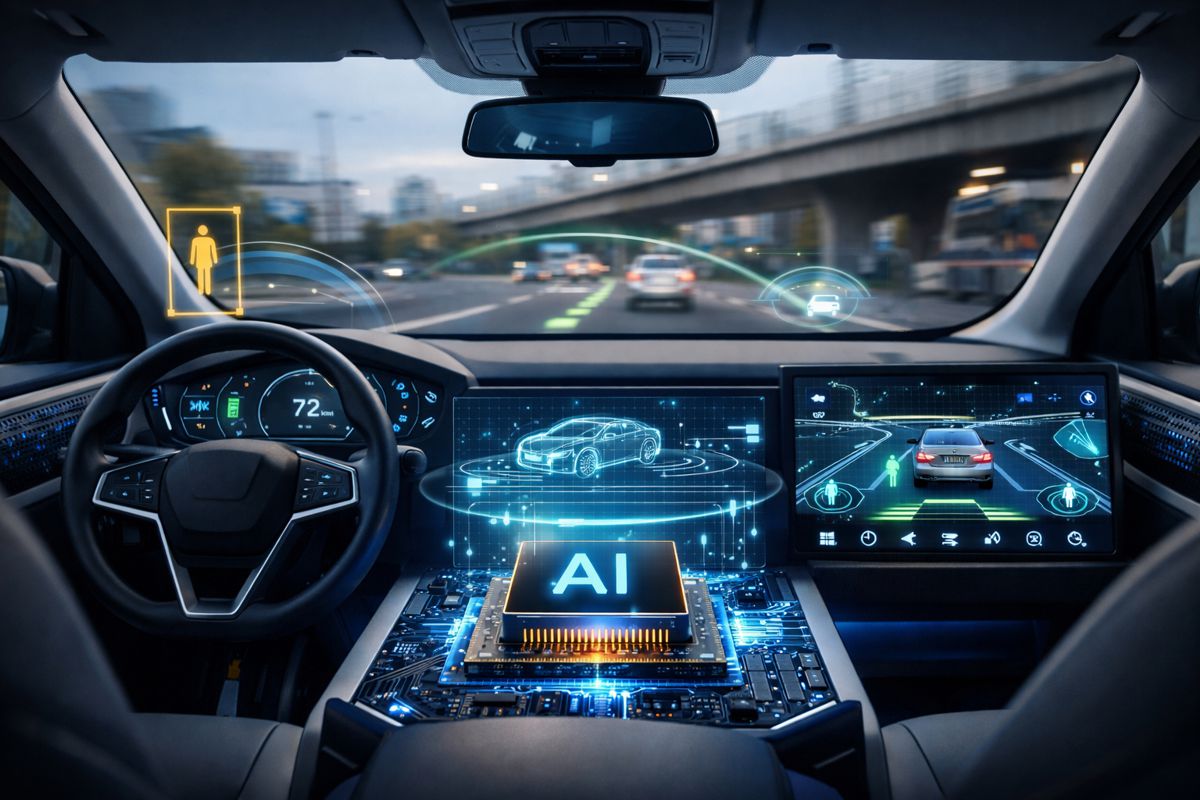UAE’s AI Minister Calls for Swift Global AI Governance Action
In a compelling address on Wednesday, His Excellency Omar Al Olama, the UAE’s Minister of State for Artificial Intelligence, Digital Economy & Remote Work Applications, delivered a resounding call to action, urging nations to expedite the formulation of AI governance protocols.
“I think the current global discussion on AI governance is a non-starter. Instead of attempting to govern the technology, we can govern the use cases,” he said.
Drawing a stark comparison to the Paris Agreement, which took years to evolve and be enforced, Al Olama stressed the urgency of global collaboration on AI governance. He conveyed these pivotal remarks at the prestigious Dubai Assembly for Generative AI, a gathering that attracted more than 2000 attendees, including major players from tech behemoths and consultancies like Microsoft, Deloitte, PwC, and IBM.
Al Olama’s thought-provoking perspective challenged the current trajectory of AI governance discussions. He advocated for a paradigm shift from governing the technology itself to a more nuanced approach of regulating its use cases. This novel perspective seeks to strike a balance between innovation and safeguarding against potential AI-related risks.
The Dubai Future Foundation (DFF) took the opportunity at this assembly to unveil the Dubai Generative AI Alliance, a ground-breaking consortium of tech companies poised to catapult Dubai into a leading position in the adoption of emerging technologies. The primary objective of this alliance is to create an environment conducive to innovation by harnessing the potential of AI, the metaverse, and Web3 technologies.
Khalfan Belhoul, the CEO of DFF, extended an invitation to businesses and visionaries to join this pioneering initiative. The Dubai Generative AI Alliance is dedicated to forging innovative technology pilots, harnessing the power of AI, the metaverse, and Web3 to drive Dubai’s transformation into one of the world’s most advanced and efficient tech-driven governments.
Further enhancing Dubai’s tech-driven transformation is the introduction of ‘Dubai AI,’ a generative AI-powered digital city concierge. This ground-breaking city-wide digital platform is designed to provide residents and visitors with comprehensive information and services covering healthcare, business, and education. It is expected to revolutionize government services, making them more accessible and efficient.
As the assembly delved into the potential impact of generative AI on various industries, the global banking sector emerged as a prime beneficiary, poised to reap as much as USD 400 billion from the burgeoning generative AI landscape.
Prominent voices in the technology and consulting sectors also made insightful contributions at the assembly. PwC predicted the imminent arrival of workplace automation, with generative AI poised to autonomously execute everyday tasks like flight bookings and report generation on a large scale within the next 18 to 20 months.
Deloitte’s leading digital expert highlighted the transformative potential of generative AI in areas like nuclear fusion, climate action, and drug discovery. Industries that are quick to adapt to this emerging technology, such as the industrial and pharmaceutical sectors, stand to reap significant benefits.
Adel Al Redha, the Chief Operating Officer of Emirates, shared the airline’s plans to empower cabin crew with generative AI capabilities. By November, the airline aims to provide training on complex AI models, a move that signifies the widespread integration of AI in various sectors, further propelling the technology’s pervasive influence.






























